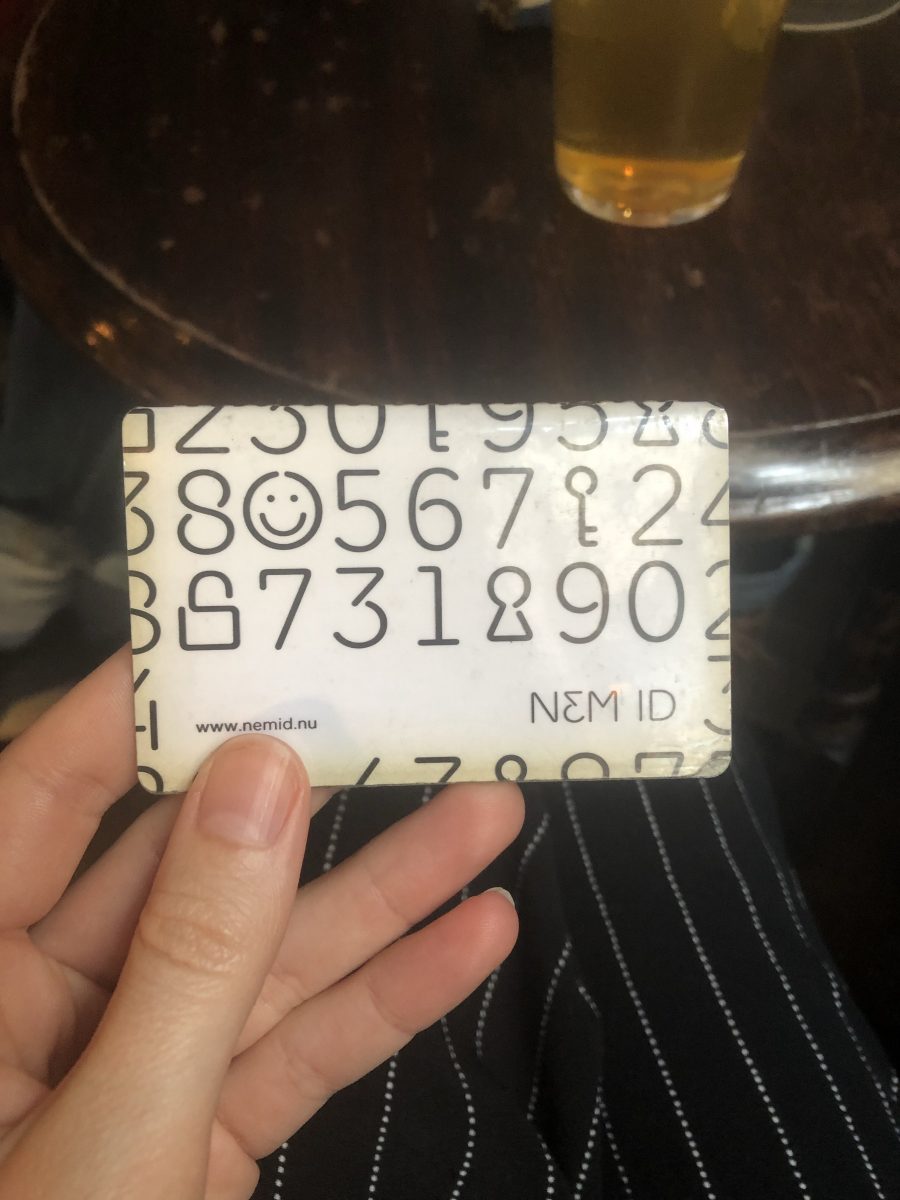
Last night was my third Agorama Server Co-op meet up in Rebecca’s Flat, a delightfully dilapidated space at Raven Row. I think it was actually the fifth though, I missed the last two due to illness which was a real bummer. The weekend jam sounded particularly great.
This particular meetup was more informal and a little smaller than usual. It ended up being a really nice, wandering conversation on the multifaceted possibilities of the distributed web, what it could look like.
The notes below are a sort of a prompt dump, snippets I wrote down at the time because I didn’t want to forget it or wanted to look in to it more. See all Server Co-op write-ups here.
Dark Crystal is now up and running on Patchbay (ssb client). Got Samsung funding, woohoo! Possible to create bot that receives shard? Think they’re trying to avoid that, the human element is kind of critical.
What about physical crypto? Microdots are worth checking out. Microdot tattoos?
Asked what ppl think about potential threat of quantum computing to modern cryptography methods, response was a little not as I expected (this is why I come to these things!). Personally I’ve been feeling a little tin-foil-hat-y, but general consensus from the other voices in the room seemed to be pretty ambivalent since the theory far outstrips the practicalities currently. Which is true, but it also just feels kind of like an arms race (particularly since it involves hardware / infrastructure). Whoever cracks it first wins the golden goose unless we can come up with cryptography that works against it. GP then mentioned the post-quantum crypto contest with NIST due to end pretty soon, looks pretty promising. I didn’t realise there was that much going on with quantum resistant algorithm research, so that makes me feel a bit better. I guess my concern is still there though, to a big degree. Banks, for example, are on notoriously crappy tech that is rarely overhauled. What of them, and the other institutions we rely on? Oh lord, and voting tech…
Got talking about what I’d been up to (not much, see first para…) and mentioned that I ultimately decided not to move my site on to Dat, partly due to scale issues w/ static site generators (read more on this) but more to do with the fact that I think I’d rather use Dat for something new and neato, rather than just repurpose something that already exists and is doing ok in it’s current form. Then we started talking about static site generators more generally and someone mentioned Pelican, which I hadn’t come across before. It’s written in Python and originally released in 2010 (!), so up there with Jekyll as one of the earlier static site generators.
HL demoed his mother-of-all-apps for us, it looks *so great*! Absolutely something I would use. Really excited to see where he takes it. I need to look in to Hypercore and Expo a bit more. The first I’d heard of, the second not so much. Apparently Expo is a cross platform app framework built around React Native. Ppl could not say enough good things about it and honestly, it does look fantastic. Particularly as a tool to dip your toe in to app waters, so to speak.
Towards the end of the demo, the conversation wound through lots of different topics. Blockchain, platforms vs aggregators, a bunch of CS history (need to read more about that…), the sustainability of open source, etc. The rest of this note details snippets from this part of the conversation that I need to look in to more.
Services / apps / platforms I’d like to look in to a bit:
- Mapeo, an “open source, offline-first map editor”
- Manyverse, kind of Scuttlebutt for your phone but better (shouldn’t suck the life out of your phone trying to sync)
- Node.js for mobile apps
- Webrecorder, like a personal Wayback Machine; also, did you know you can sometimes find YouTube vids that have been taken down archived on the Wayback Machine?
TMYK
A reading list. (Some of these links are painful to open, some orgs really need to cool their jets on the pop-ups and trackers):
Some soundbites. These are paraphrased points made by others that I found super-relevant. Bits in square brackets are added by me for clarity:
- “Ordering is the toughest thing to sort out” [when it comes to ledgers / append-only logs]
- “Biggest problem with blockchain is the definition of consensus, and how to establish consensus”
- “Article 13 [aka the “upload filter” provision] is forcing people’s hand, we’re going to see a lot more of this.”
- “So much of this bullshit has come from chasing the technology and not the needs.” Related: “But seriously… does it need to be an app?”
- “The future of the web will be much more about interoperability than a black-and-white, decentralised vs centralised approach.”
- “Porn is a canary in the coal mine for whether a piece of tech is ready for primetime.” [Is someone using it for porn? Ok, it’s going to gain traction.]
- “Could we ever have another Xerox PARC?” “Probably not, research now is just too results-driven. A report every week, and sometimes the funder has already indicated what they’d prefer your results to be.”
So many distributed / decentralised web conversations get quasi-evangelical about how this or that tech will save the world. Why does it have to be winner takes it all? Different needs require different technologies.
We recognise biodiversity as a fundamental requirement of a healthy, thriving biosphere. Why don’t we champion technodiversity in the same way? Embrace the chaos.




